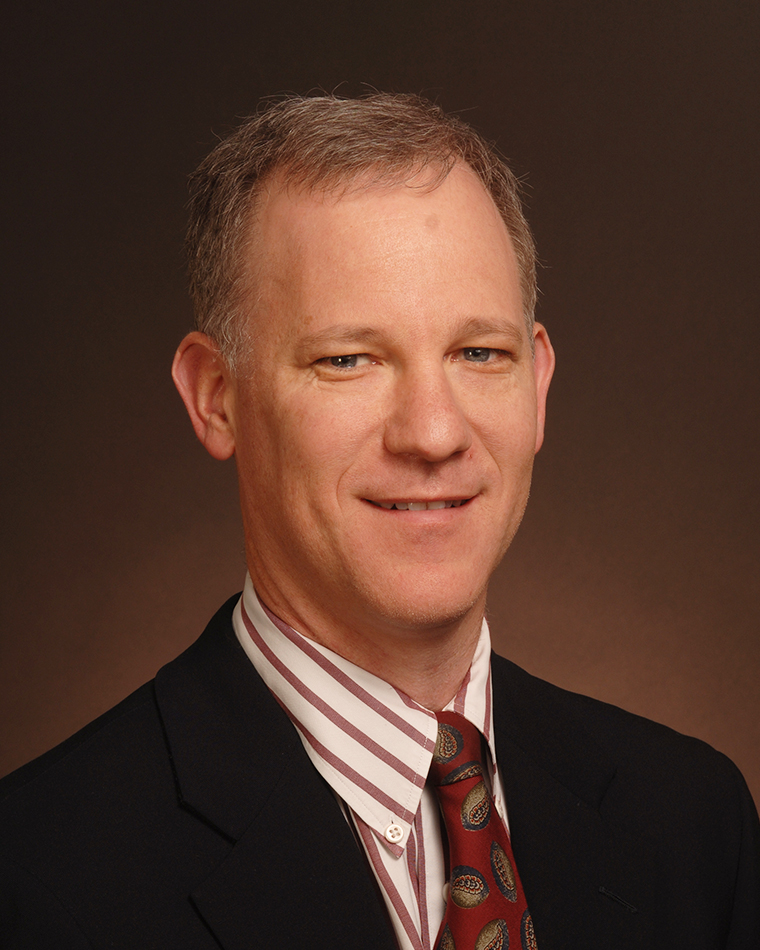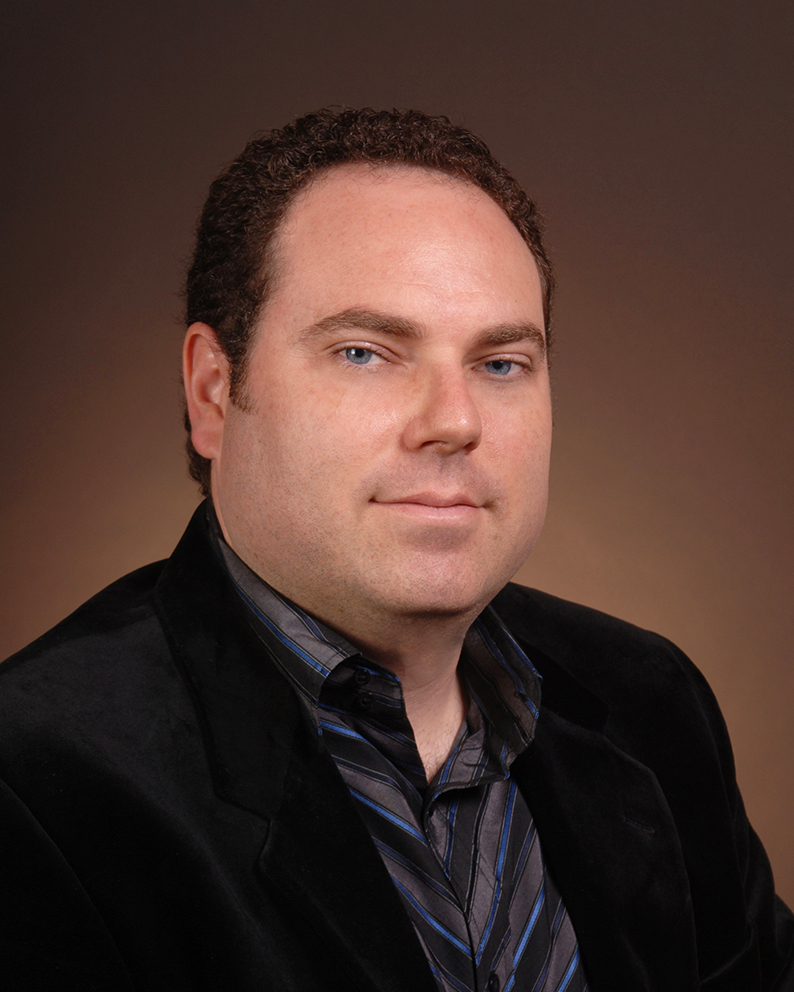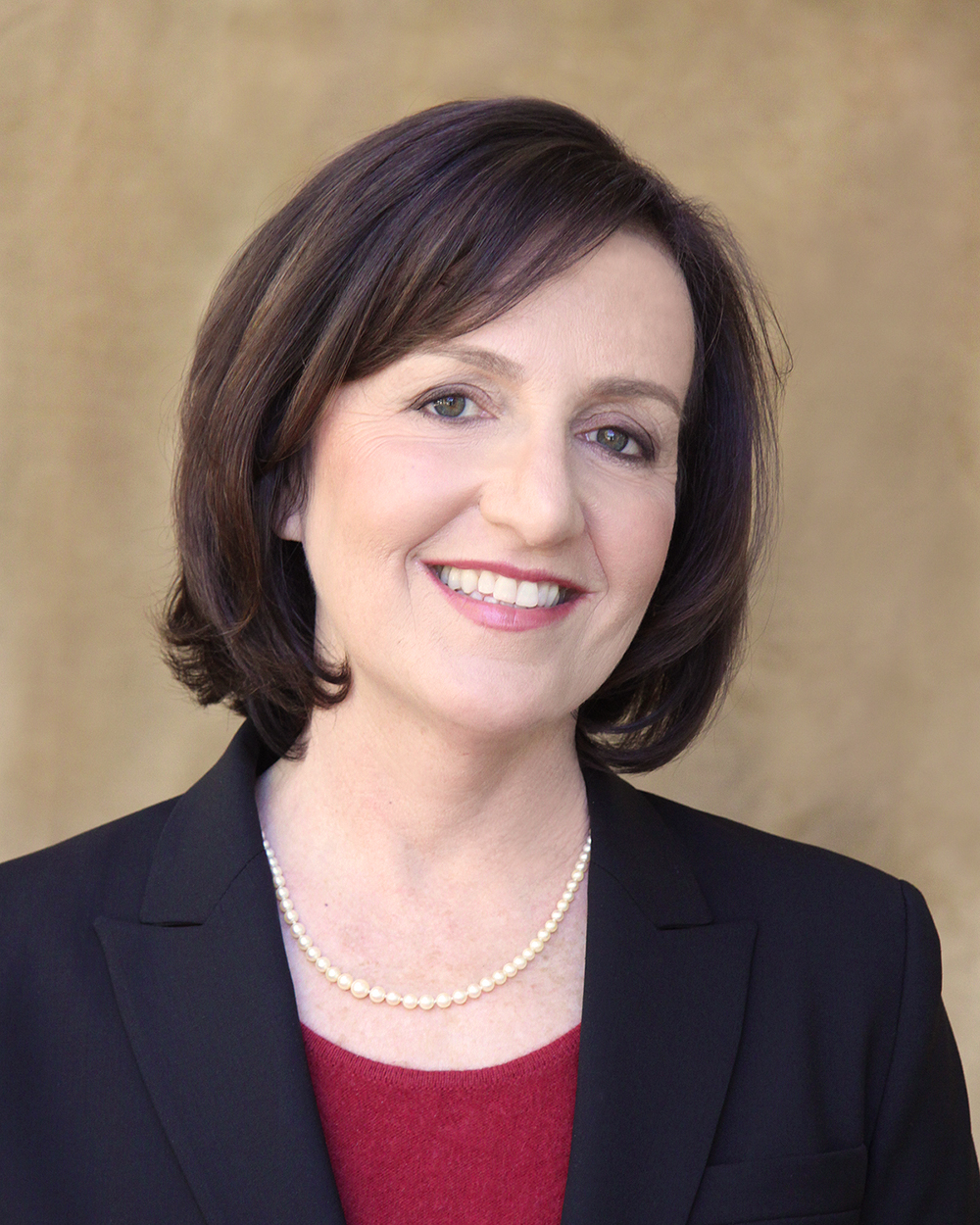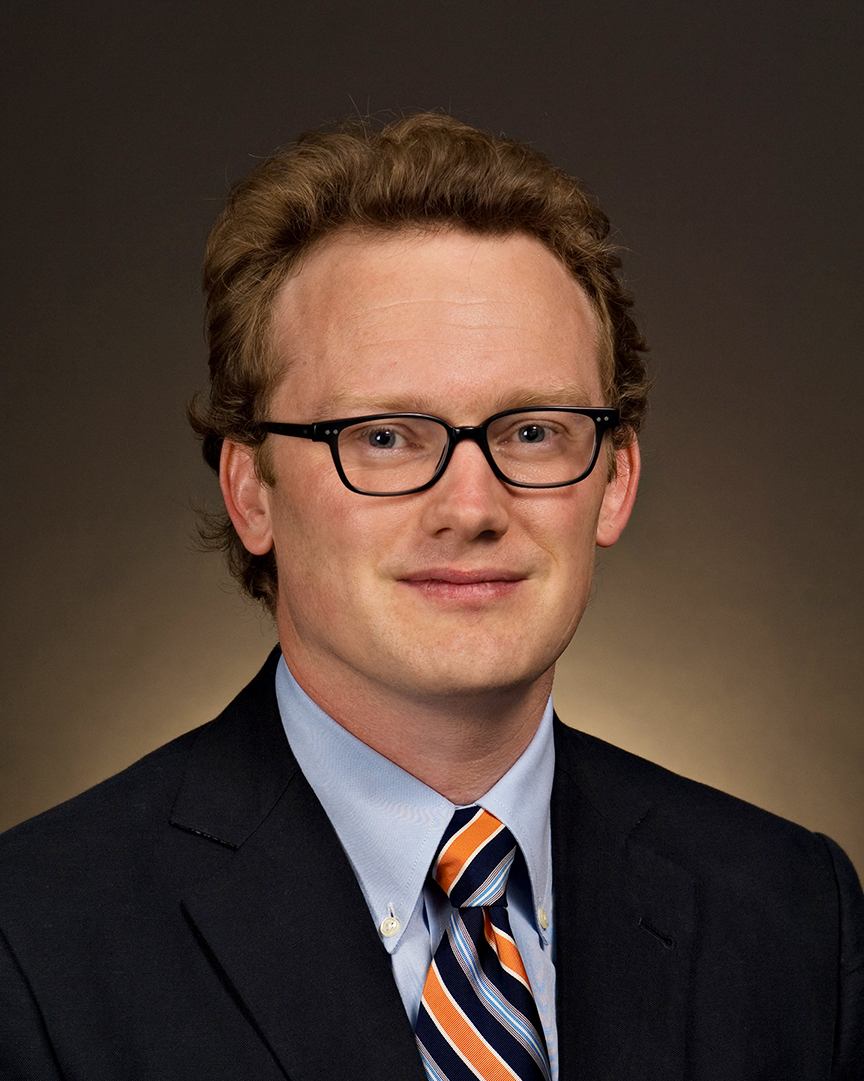The Sandra Day O’Connor College of Law at Arizona State University has become one of the most highly acclaimed public law schools in the United States, in part by recruiting and supporting its innovative and accomplished faculty.
Among other accolades, ASU Law is rated by U.S. News & World Report among the tops in the country in legal writing (No. 5), dispute resolution (No. 7), health law (No. 16), environmental law (No. 23) and international law (No. 26), and consistently produces exceptional bar-passage and job-placement results.
“Those achievements are a direct reflection of our faculty,” ASU Law Dean Douglas Sylvester said. “We encourage critical thinking and diversity of thought, and that leads not only to groundbreaking legal scholarship, but also to outstanding education and outcomes for our students.”
To recognize outstanding contributions among the faculty, ASU Law bestows two dozen honorific chairs, fellowships and professorships. The five most recent honorees are:
- Adam Chodorow, Jack E. Brown Professor in Law
- Aaron Fellmeth, Dennis S. Karjala Professor of Law, Science & Technology
- Betsy Grey, Jack E. Brown Chair in Law
- Zachary Gubler, Willard H. Pedrick Distinguished Research Scholar
- Judy Stinson, Distinguished Professorship in Legal Method
“These titles recognize significant contributions to both the scholarly enterprise and the ASU Law community,” Sylvester said. “And we are deeply thankful to the donors who support our faculty.”
The five faculty members echoed Sylvester’s gratitude as they spoke about their work and what the recognition means to them.
Adam Chodorow, Jack E. Brown Professor in Law
Chodorow teaches and writes in the field of tax. His scholarship covers a wide array of tax topics, ranging from religious taxation to the taxation of zombies — as he says, “from the sublime to the ridiculous.”
“It means a lot to me to be named the Jack E. Brown Professor,” Chodorow said. “Jack Brown was one of the great Phoenix lawyers whose legal acumen and contributions to the local bar cannot be overstated. One of my roles at ASU Law is to work closely with our adjuncts, one of the law school’s greatest resources. Being named the Jack E. Brown Professor is not only a great honor, but it also connects me more closely to Phoenix’s fabulous legal community.”
Describing his recent scholarship, he cited, “'The Parsonage Exemption,' considering whether tax-free housing for ministers violates the First Amendment, 'Rethinking Basis in the Age of Virtual Currency,' which explores how best to tax Bitcoin and other cryptocurrencies, and a number of Slate articles on a variety of tax topics. On the lighter side, 'Death and Taxes and Zombies' considers the important question of whether those who die and come back as zombies should be considered dead for estate tax purposes. If not, there are planning opportunities for the well-advised when the apocalypse comes.”
- "The Parsonage Exemption," 51 U.C. Davis L. Rev. 849 (2018).
- "Rethinking Basis in the Age of Virtual Currency," Virginia Tax Review, Vol. 36, p. 371 (2017).
- "Death and Taxes and Zombies," 98 Iowa Law Review 1207 (2013).
Aaron Fellmeth, Dennis S. Karjala Professor of Law, Science & Technology
Fellmeth’s expertise spans both public international law, with focuses on international legal theory, international human rights law, the law of armed conflict and international trade law; and international business law, with focuses on international trade regulation and international intellectual property law. He is also chair of the International Law Association, American Branch's International Human Rights Committee and a co-chair of the American Society of International Law's Human Rights Interest Group.
“Dennis was a close friend and a perspicacious scholar,” Fellmeth said. “Receiving a chair bearing his name is a deeply felt privilege. I am grateful to Dean Sylvester, who knew how close we were — and was close to Dennis himself — for thinking of me.”
Describing his most recent works, Fellmeth mentioned a 2016 book, "Paradigms of International Human Rights Law," and an article co-written with Sylvester titled "Targeting Decisions and Consequences for Civilians in the Colombian Civil Strife."
He added, “I have an article forthcoming soon in the Texas Intellectual Property Journal called Uncreative Intellectual Property, and I am a collaborator on (ASU Law) Professor Linda Demaine's book, 'The Psychology of Intellectual Property Law,' to be published by NYU Press.”
- "Paradigms of International Human Rights Law," Oxford, New York: Oxford University Press, 2016.
- "Targeting Decisions and Consequences for Civilians in the Colombian Civil Strife," 27 Minn. J. INT’L L. 501 (2017).
Betsy Grey, Jack E. Brown Chair in Law
Grey’s current research focuses on how advances in neuroscience may affect legal doctrine and theory. She explained how scientific and technological developments help inform how certain brain differences may affect brain functions, disorders and behaviors.
“A good example is PTSD, which we now know may change both the victim’s brain function and behavior,” she said. “The justice system must now grapple with whether and how those brain differences should be taken into account in assessing legal duties, responsibilities and culpability. This question emerges in various legal settings, including criminal law and sentencing, forensic evidence and civil liability.”
She focuses in particular on the impact of these discoveries on tort law, which has long been her teaching and scholarly concentration.
“I am honored and grateful to be named the Jack E. Brown Chair at ASU,” she said. “This recognition is particularly meaningful to me because I had the honor of knowing Jack Brown. He was a nationally renowned leader in high-tech litigation — called the dean of the high-tech bar — who quickly grasped the need for lawyers to understand scientific, technological advances and translate them for use in the courtroom.”
Recent scholarship includes:
- "Aging in the 21st Century: Using Neuroscience to Assess Competency in Guardianships," Wisconsin L. Rev. (2018).
- "PTSD, Biomarkers, and Rape Prosecutions," 48 Ariz. State L.J. 935 (2016). (Symposium issue: Evolutionary Analysis in Law).
- "Biomarkers, Concussions and the Duty of Care," (with Gary E. Marchant), 2015 Mich. State L. Rev. 1911 (2015). Reprinted in 66 Defense L. J. (2017).
- "The Future of Emotional Harm," 83 Fordham L. Rev. 2605 (2015).
- "Implications of Neuroscience Advances in Tort Law: A General Overview," 12 Indiana Health L. Rev. 671 (2015).
Zachary Gubler, Willard H. Pedrick Distinguished Research Scholar
Gubler studies corporate and securities law, and he said it was an honor to receive the recognition of William H. Pedrick Distinguished Research Scholar.
“ASU Law enjoys an admirable tradition of producing legal scholarship with an influence that is both great and good,” he said. “I am honored to be a part of this remarkable collection of scholars and to receive this recognition, which is named after the college’s founding dean and the one responsible for defining what it means to be an ASU Law professor.”
Recent scholarship includes:
- "A Unified Theory of Insider Trading Law," 105 Geo. L.J. 1225 (2017).
- "Reframing United States v. Salman," 165 U. Pa. L. Rev. Online 1 (2016).
- "Maximalism, Experimentalism and Insider Trading Law at the Supreme Court," 56 Wash. U. J.L. & Pol’y (2018) (invited symposium article).
- "The Culture of CEO Pay," 96 Tex. L. Rev. See Also (2017) (invited reply to K.J. Martijn Cremers, Saura Masconale, & Simone M. Sepe, CEO Pay Redux, 96 Tex. L. Rev. (2017)).
Judy Stinson, Distinguished Professorship in Legal Method
Stinson teaches and has developed legal writing courses for over two decades. She presents on legal writing topics at regional and national conferences and has published books and articles related to legal writing, among other topics. She is a past-president of the Association of Legal Writing Directors and the recipient of the 2013 Thomas F. Blackwell Memorial Award for Outstanding Achievement in the Field of Legal Writing.
“This is an incredible honor,” Stinson said. “I am grateful to have been selected and am pleased to hold a professorship that recognizes the importance of teaching, service, and scholarship in the field of legal method and writing.”
Recent scholarship includes:
- Examples & Explanations: Legal Writing (with Terrill Pollman) (Wolters Kluwer Law & Business, 3d ed. forthcoming 2019).
- "When Tribal Disenrollment Becomes Cruel and Unusual," 97 Neb. L. Rev. ___ (forthcoming 2019).
- "How LRW Faculty Can Best Position Themselves for Law School Administration," 30 The Second Draft 48 (Spring 2017).
Faculty and Research: Named Professorships
More Law, journalism and politics

ASU justice studies students examine fairness of Tempe courts
A courtroom can be an intimidating place, but a group of Arizona State University students want citizens to know it's there to…
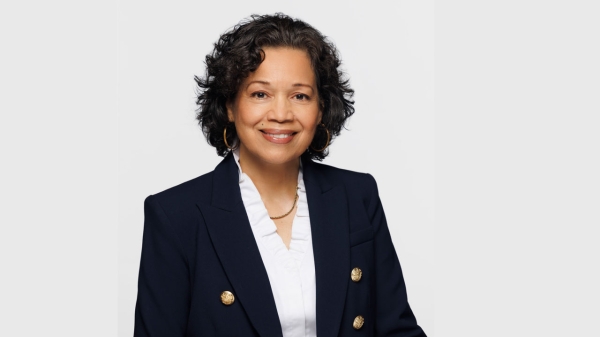
CBS News president to give keynote address at Cronkite School’s spring convocation
Ingrid Ciprián-Matthews, president of CBS News, will serve as the keynote speaker at Arizona State University’s Walter Cronkite…

School of Politics and Global Studies director's new book explores mass violence
Why do people commit atrocities and why are certain groups, including religious and ethnic, more vulnerable to large-scale…

